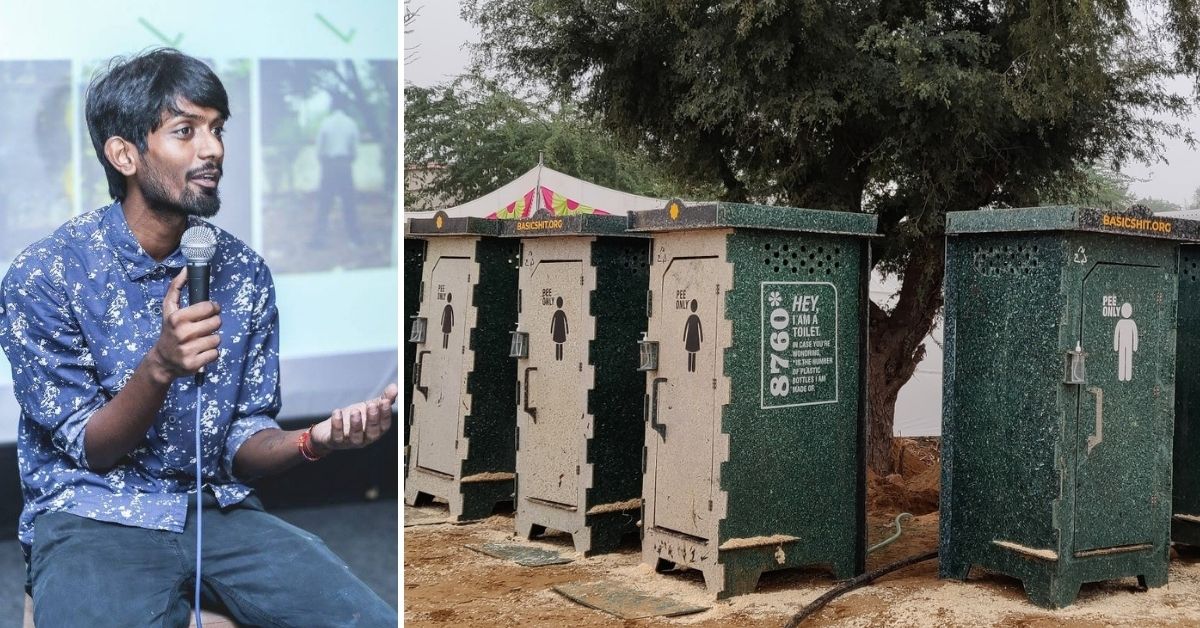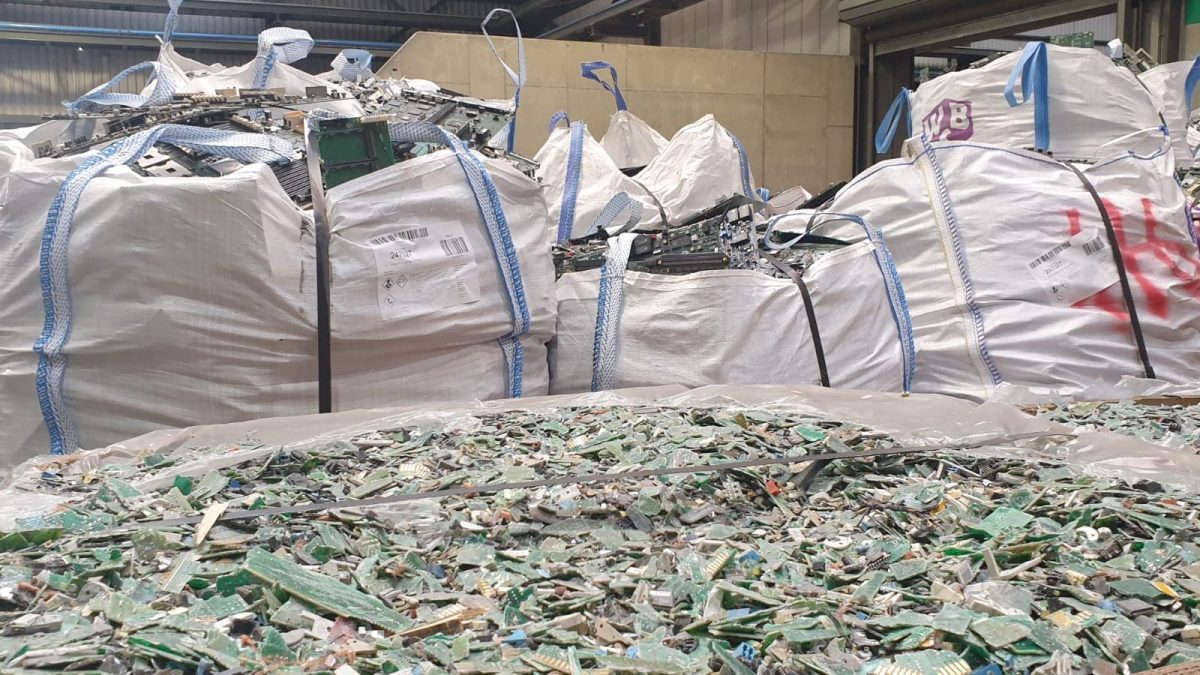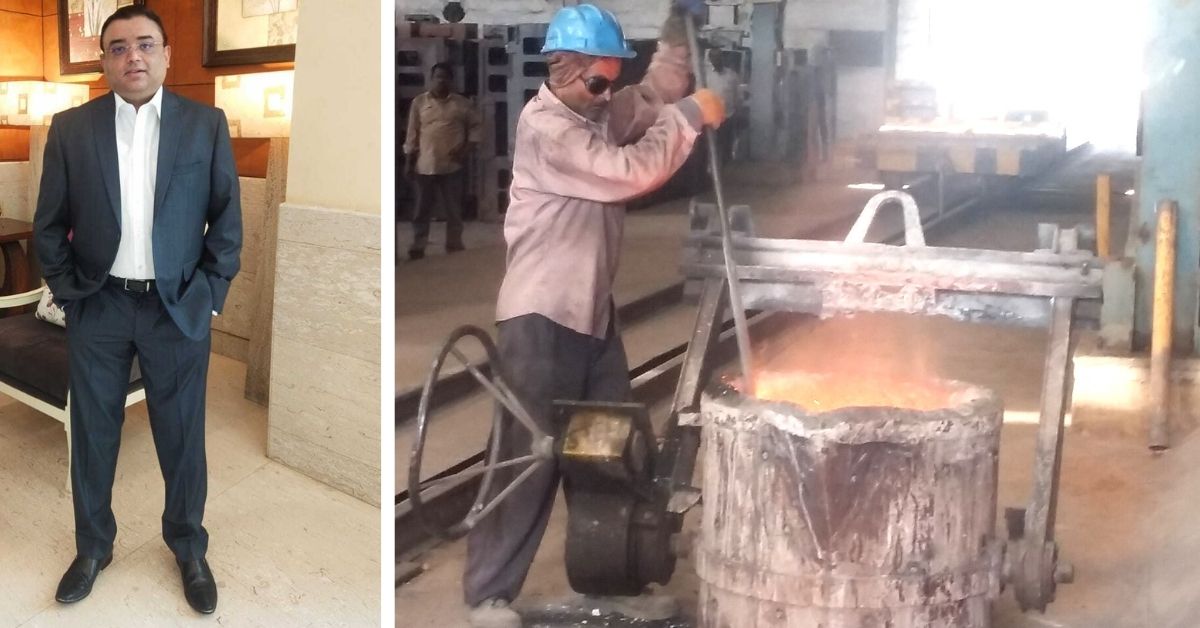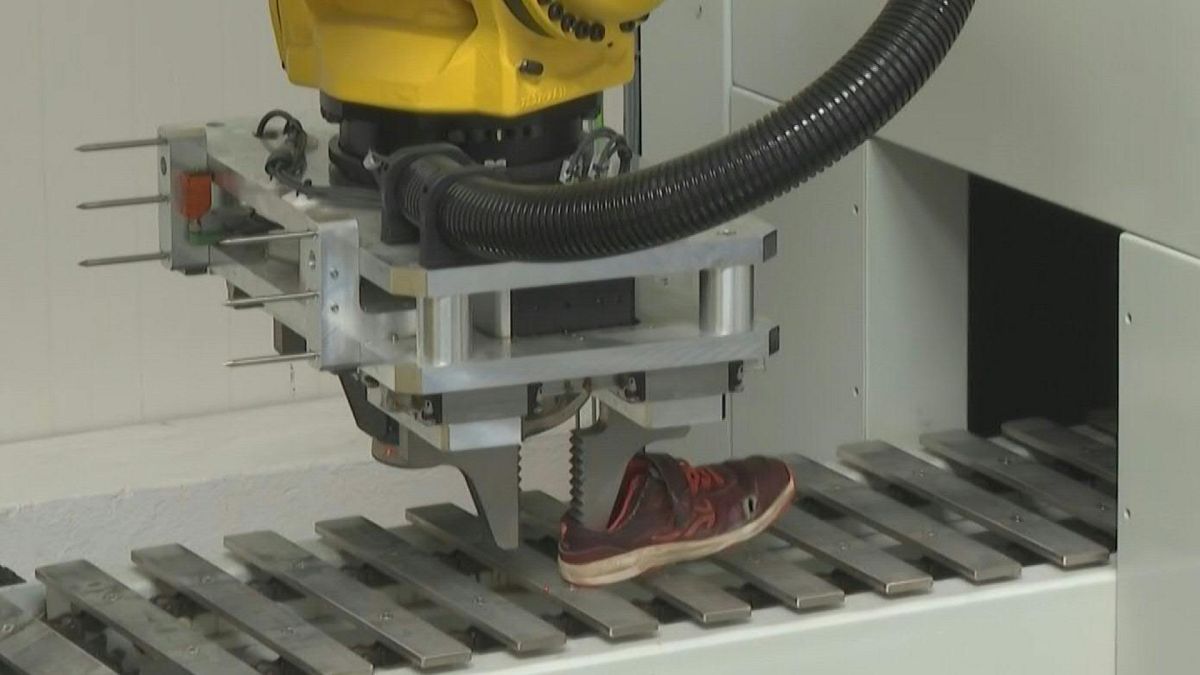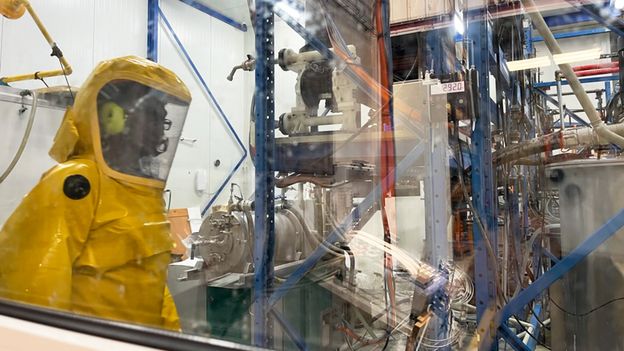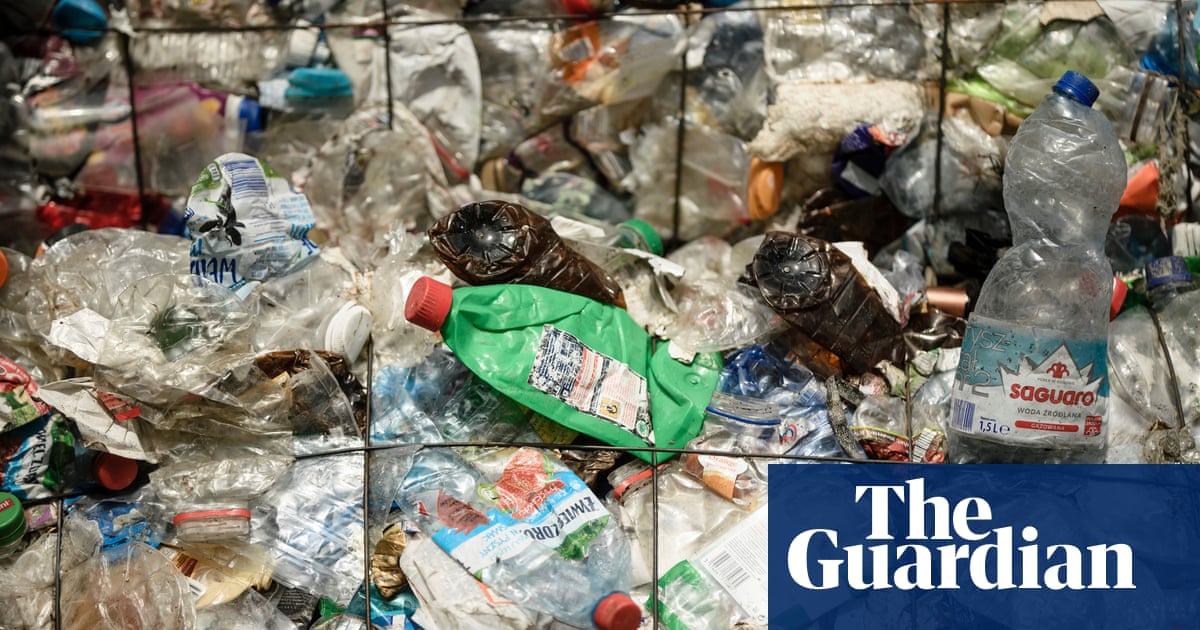daniel_gudman
KING (in land of blind)
- Pronouns
- He/Him
That article is pretty poorly written, in the first few sentences are wrong compared to the rest of the article. It seems the road isn't made out of steel, but the slag.
Broadly, "ore" is a mineral rock with a high content of metal, which is separated in a furnace into two parts: the metal and the slag. Most iron ore comes from Precambrian Banded Iron Formations, oceanic sandstone, which these days is mostly put in a reducing blast furnace to separate pig iron out while the rocky slag (basically artificial lava) oozes out.
So what they're doing there is using slag from iron production as an input to roadmaking as a substrate, instead of stone aggregate basically.
Thinking about the numbers,
According to the USGS per wikipedia, there's like ~1800 million tonnes (metric) of steel produced a year and that produces another 60% weight in slag I guess, so like 1080 million tonnes. I guess per the World Asphalt Association says there's a world consumption of 123 million tonnes/year of asphalt per year.
Well, at the end of the day slag and asphalt are very cheap per lb and used in enormous quantities, so shipping costs (whether on a dollar-cost or emissions-cost basis) are going to drive how much uptake this study has.
Plus, uh, the heavy metal content of the slag, which is usually the biggest concern for mining tailings, that leaching into the groundwater. Maybe a little scary to use this stuff in roads literally directly over the top of your water mains, but hopefully they don't use the poisonous stuff for this job.
Broadly, "ore" is a mineral rock with a high content of metal, which is separated in a furnace into two parts: the metal and the slag. Most iron ore comes from Precambrian Banded Iron Formations, oceanic sandstone, which these days is mostly put in a reducing blast furnace to separate pig iron out while the rocky slag (basically artificial lava) oozes out.
So what they're doing there is using slag from iron production as an input to roadmaking as a substrate, instead of stone aggregate basically.
Thinking about the numbers,
According to the USGS per wikipedia, there's like ~1800 million tonnes (metric) of steel produced a year and that produces another 60% weight in slag I guess, so like 1080 million tonnes. I guess per the World Asphalt Association says there's a world consumption of 123 million tonnes/year of asphalt per year.
Well, at the end of the day slag and asphalt are very cheap per lb and used in enormous quantities, so shipping costs (whether on a dollar-cost or emissions-cost basis) are going to drive how much uptake this study has.
Plus, uh, the heavy metal content of the slag, which is usually the biggest concern for mining tailings, that leaching into the groundwater. Maybe a little scary to use this stuff in roads literally directly over the top of your water mains, but hopefully they don't use the poisonous stuff for this job.
